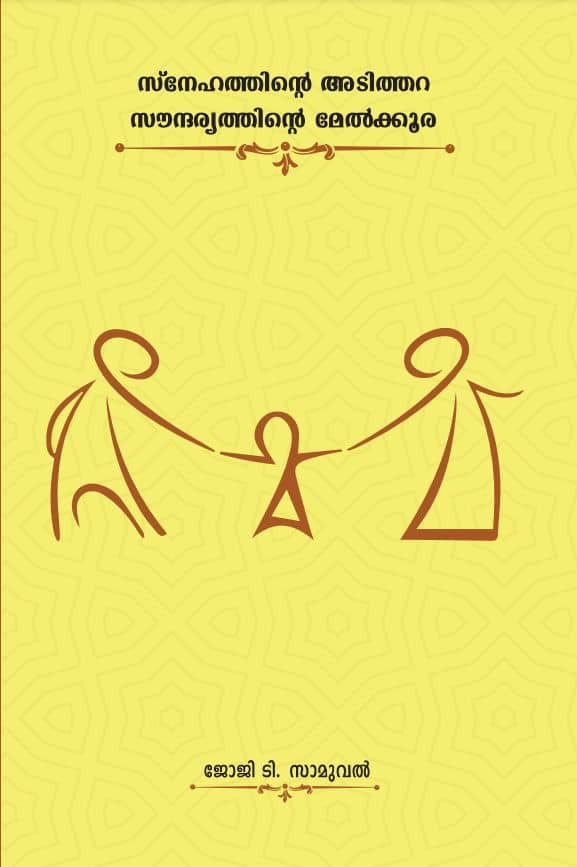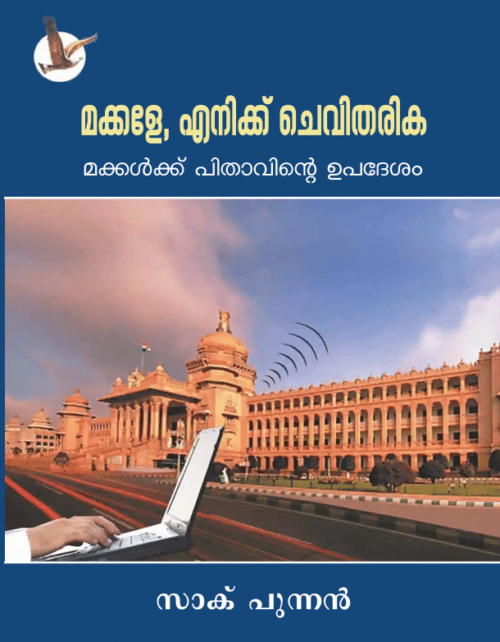Sandeep Poonen
The Bible mentions the fear of the Lord several times, but it’s still not well understood by most Christians.
1. The fear of the Lord and the book of wisdom
The fear of the Lord appears most often in the book of Proverbs. This is a book of wisdom full of practical insights. So right away, we should know that this book in the Bible that is full of wisdom for practical living highlights the importance of the fear of the Lord.
2. Changing our mindset on the fear of the Lord
We should pay attention to how the Bible describes the fear of the Lord. See some of these phrases associated with the fear of the Lord:
- The fear of the Lord prolongs life (Proverbs 10:27)
- In the fear of the LORD there is strong confidence (Proverbs 14:26)
- The fear of the Lord is a fountain of life (Proverbs 14:27)
- The fear of the Lord leads to life (Proverbs 19:23)
- The fear of the Lord is the beginning of wisdom (Proverbs 9:10)
- The fear of the Lord is to hate evil (Proverbs 8:13)
Is our view of the fear of the Lord that of being a fountain of life and that which prolongs life? It’s probably not that way for most Christians. And I think the reason for this is that most Christians use the dictionary to define truths, instead of the Bible. The dictionary is a great book to find the definition of words, but for the definition of truth, we must go to the Bible.
So one of the first things we must do is change our thinking about the fear of the Lord. We must grow in the firm conviction that the fear of the Lord is truly a fountain of life, a source of strong confidence, and that which can prolong life. We must not think of the fear or the Lord as a weight and a burden.
3. The fear of God who is our Father
Because of the way paved by Jesus, we now interact with God as our Father. So while the fear of the Lord is preached throughout the Bible, there is a big change in how we fear God when He is our Father.
For all of us in the New Covenant, the fear of the Lord is the fear not of what God will do to us, but of what our actions will do God. Or put another way, the fear of the Lord is not being afraid of making God mad, but of making God sad. And we will have the correct view of the fear of the Lord when we genuinely see God as a Father and not as a master. The heart of the servant is afraid of making the master mad. The heart of the son however, is afraid of bringing sadness and pain to his father.
4. Our position with God will determine how we fear God
Following from what I have written above, it is where we are (our position) relative to God that will drive how we fear God. Let me explain what I mean.
God giving the Israelites the Ten Commandments gives us a vivid picture of God in the Old Covenant. It says in Exodus 19:10-17 that the people trembled as the stood at the foot of Mount Sinai as thunder and lightning came from that mountain. And only Moses went up to the top of the mountain because God was to be treated as absolutely holy. The people couldn’t even come close to the base of the mountain.
But in the New Covenant, we are SEATED WITH GOD in the heavenlies (Ephesians 2:4-7). And because we are children of God (1 John 3:1), we are not just seated in heaven, we are seated on the very lap of the Father (John 1:18). This is the rightful place for the child to sit with its father. What a HUGE change of position compared to being kept away from even the foot of the mountain!!!
But as we sit on this lap of Divine Love, what we hear closest to the Throne is the angels saying, “Holy! Holy! Holy!” over and over again (Revelation 4:8; Isaiah 6:1-3).
So whether we are in the Old or New Covenant, the fear of the Lord is essential. But the big difference in the New Covenant is that we hear the cry for holiness from the lap of the Father. As we sit on God’s lap and get to know Him better as a Father, we gain a better sense of what makes His heart beat faster with joy (when we choose to do His will), and what makes Him weep (when we choose to do our own will). And the never-ending chorus of “Holy” that surrounds our Father’s Throne will increasingly ring in our ears as we live our daily lives. So as we maintain our POSITION AS SEATED ON THE LAP OF OUR FATHER, living a life of daily holiness will become an increasingly natural response in our lives.
5. If God is our Father, we live in holy fear
1 Peter 1:17 – If you address as Father the One who impartially judges according to each one’s work, conduct yourselves in fear during the time of your stay on earth.
This verse has been a wonderful reminder of the balance of the loving Father and Holy King that is our God. I think the verse is very simple to understand and clear in its meaning. We must not back down from knowing God as our Father, but we are justified in calling God our Father only if we correspondingly live lives of holy fear.
©Copyright-SandeepPoonen
This article has been copyrighted to prevent misuse. It should not be reprinted or translated without written permission from the author. Permission is however given for this article to be downloaded and printed , provided it is for FREE distribution, provided NO ALTERATIONS are made, provided the AUTHOR’S NAME AND ADDRESS are mentioned and provided this COPYRIGHT notice [“Copyright by Sandeep Poonen”] is included in each printout.

















